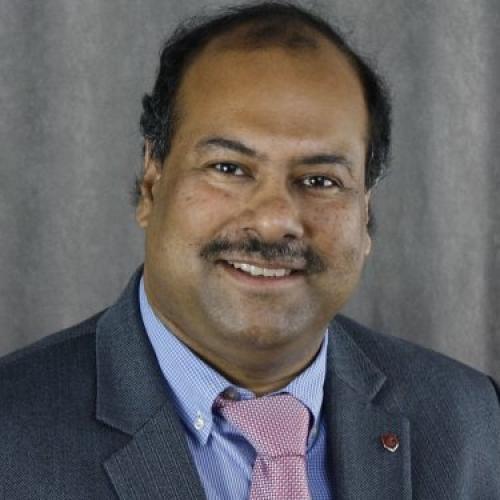IEEE COLOMBIAN CASS DISTINGUISHED LECTURES (DL) 2022
IEEE Colombian CAS Distinguished Lectures (DL) 2022 in the COLCAS 2022 event.
IEEE Colombian CAS Distinguished Lectures (DL) 2022 in the COLCAS 2022 event.
2020 are challenging year for humanity because of the pandemic and the economic crisis, making us rethink the current social and economic models. An alternative to overcome these challenges is technology derived from electronics and computer science.
At the first Colombian Conferences on Circuits and Systems, COLCAS 2022, The Colombian chapter of CASS focuses on studies of circuits and systems to help provide solutions to problems present in different sectors, such as the fields of industry, health, agriculture, and communications, among others.
The distinguished lectures allow experts to exchange ideas and solutions proposed by researchers and professionals through virtual meetings.
Date and Time
Location
Hosts
Registration
-
 Add Event to Calendar
Add Event to Calendar
- Contact Event Host
- Co-sponsored by Universidad Autónoma de Occidente
- Survey: Fill out the survey
Speakers
 Dr. Partha Pratim Pande of School of Electrical Engineering & Computer Science Washington State University
Dr. Partha Pratim Pande of School of Electrical Engineering & Computer Science Washington State University
Processing-in-memory (PIM)-based Manycore Architecture for Training Graph Neural Networks
Graph Neural Networks (GNNs) enable comprehensive predictive analytics over graph structured data. They have become popular in diverse real-world applications. A key challenge in facilitating such analytics is to learn good representations over nodes, edges, and graphs. Unlike traditional Deep Neural Networks (DNNs), which work over regular structures (images or sequences), GNNs operate on graphs. The computations associated with GNN can be divided into two parts: 1) Vertex-centric computations involving trainable weights, like conventional DNNs, and 2) Edge-centric computations, which involve accumulating neighboring vertices information along the edges of the graphs. Hence, GNN training exhibits characteristics of both DNN training, which is compute-intensive, and graph computation that exhibits heavy data exchange. Conventional CPU- or GPU-based systems are not tailor-made for applications that exhibits such trait. This necessitates the development of new and efficient hardware architectures tailored for GNN training/inference. Both the vertex- and edge-centric computations in GNNs can be represented as multiply-and-accumulate (MAC) operations, which can be efficiently implemented using resistive random-access memory or ReRAM-based architectures. In addition, ReRAMs allow for processing in-memory, which helps reduce the amount of communication (data transfers) between computing cores and the main memory. This is particularly useful for GNN training as it involves repeated feature aggregation along the graph edges. The in-memory nature of ReRAM’s computation significantly reduces the on-chip traffic leading to better performance. However, existing ReRAM-based architectures are designed to accelerate specifically either DNNs or graph computations. As GNN training exhibits characteristics of both DNNs and graph computations, these tailor-made architectures are not well suited for efficient GNN training. In this talk we will present design and performance evaluation of a novel ReRAM-based manycore architecture that caters to the specific characteristics exhibited by GNN training
Biography:
Partha P. Pande received his PhD degree in Electrical and Computer Engineering from the University of British Columbia in 2005, his M.S. in Computer Science from the National University of Singapore in 2002 and B.Tech in Electronics and Communication Engineering from University of Calcutta, India in 1997. In 2005, he joined the school of EECS at Washington State University (WSU), Pullman, Washington as assistant professor. Since 2013, he is the holder of the Boeing Centennial Chair in Computer Engineering.
Email:
Address:Washington, Washington, United States
Agenda
https://cascolombia.org/colcas2022/agenda/

